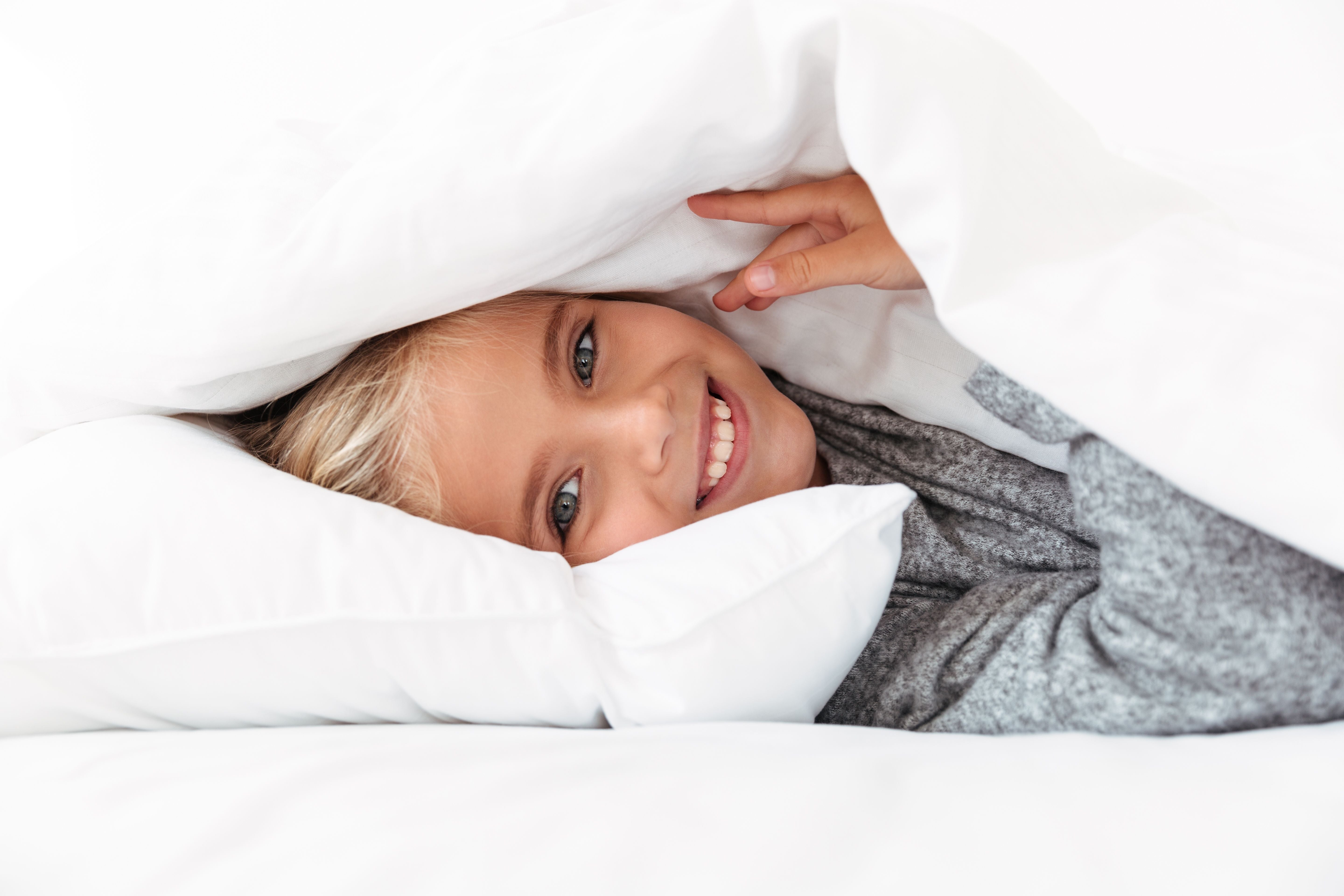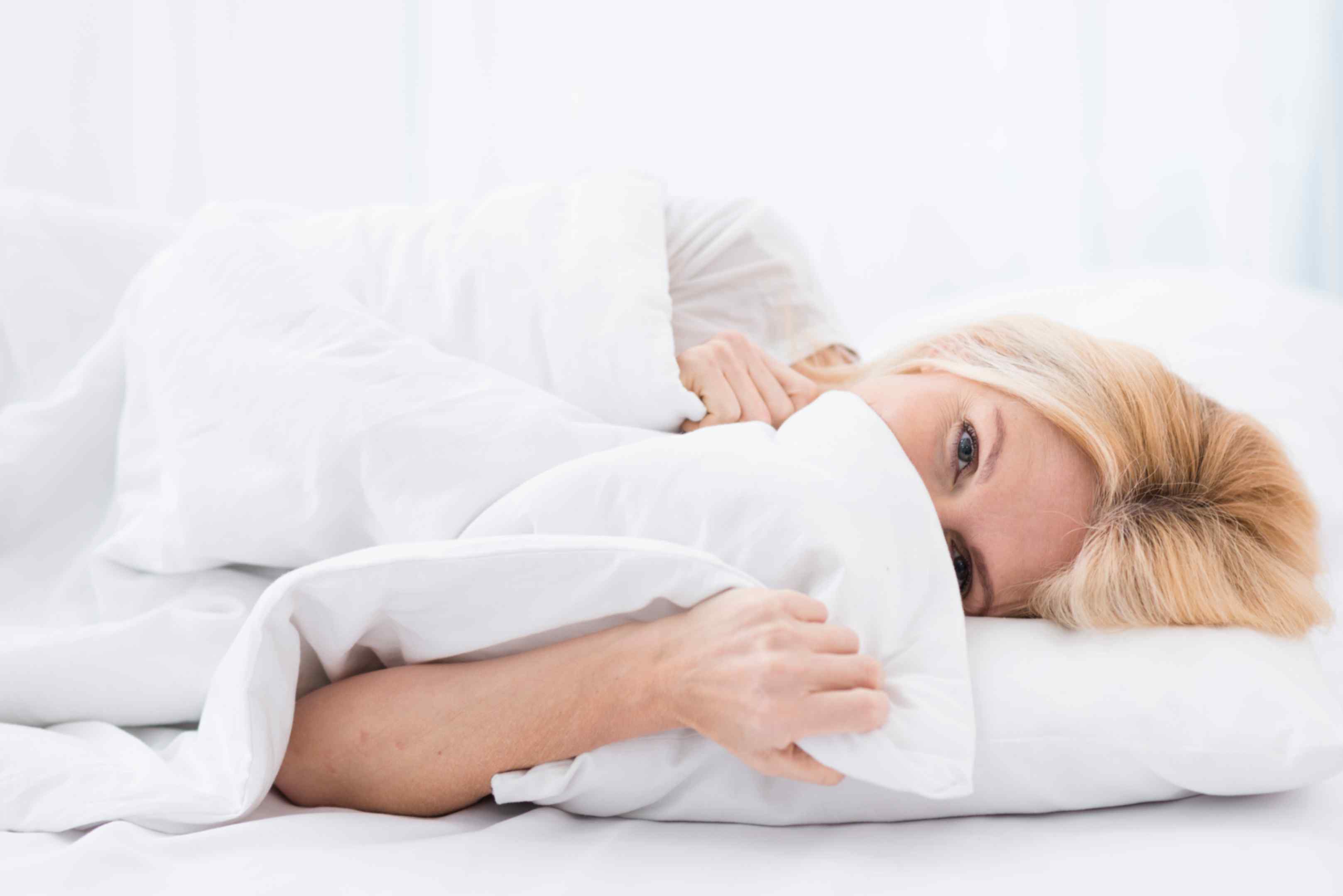We all value a good nights sleep. However, it is easy to forget just how vital our sleep is to healthy living. Investing in high quality bedding like Hungarian goose down duvets, pillows and other bedding.
Sleep is crucial to maintain our physical health and to allow our immune systems to function effectively. It's also a vital part of supporting our mental health and emotional wellbeing. Here, we discuss all the ways Covid has affected the way we sleep.
What Effect Has The Pandemic Had On Our Sleep?
Since the pandemic outbreak, many people who previously had no sleeping problems have encountered new challenges.
For many of those who already struggled with insomnia, Covid has presented even more difficulty. Some have referred to these pandemic-related sleep problems as 'Corona-insomnia.'
Why Has Covid Affected The Way We Sleep?
Over the last two years, the disruption of our daily lives has brought profound changes to our routines, affecting sleep quality for people across the world. Pandemic-related anxiety, worry, and isolation have been the most challenging adversaries to getting sleep-healthy.
10 Tips For Good Sleep During Covid
Unexpected times and unexpected occurrences and stressors can plan havoc with our sleep and thus, being able to reduce the effects on sleeping patterns as well as the quality of sleep is more important than ever and sometimes, something as simple as high quality bedding can make the difference..
Set a Sleep Schedule
Covid significantly disrupted everyone's schedule. Now that regulations have lifted, you may be struggling to get back on track. A lack of schedule can harm your sleep quality. You may not be able to stick to your routine every day, but try to avoid significant variations in your daily sleep times.
- Wake-Up Time: Set your alarm for the same time everyday and avoid using the snooze button
- Wind-Down Time: Take time to relax and get ready for bed. Reading, stretching or meditating can be great ways to wind down before sleep. If the stress of the coronavirus pandemic has increased stress for you, it's advisable to give yourself some extra wind-down time every evening
- Bedtime: Pick a regular time to turn off the lights and try to sleep. Be consistent with your bedtime
Avoid Naps
It can be tempting to take a nap on a Sunday afternoon or fall straight into bed after returning from work, but you should try to avoid unplanned napping. If you want to nap, it should be limited to only 10-20 minutes to be the most effective. Longer naps can leave you even more tired.
Your Bed Is For Sleeping
Using your bed to watch Netflix, read a book, do some work, or call your friend, may seem harmless but can adversely affect your sleep! Sleep experts highlight the importance of forming an association between your bed and sleep.
Stay Active
During the pandemic, it became harder for most of us to stay active and get exercise. If you are still avoiding gyms and other public spaces, remember to find different ways to keep active. Go for a walk or run every day or consider joining an online dance or yoga class.
If you work from home, make sure that you are still going outside and seeing the light. Exposure to daylight plays a vital role in regulating sleep. Even if the sun isn't out, spending time outdoors in natural light will help your body manage its sleeping rhythm.
Avoid Electronic Devices Before Bed
Pay attention to your screen time. During the pandemic, an increase in screen time seriously affected sleep quality for many people. Electronic devices, such as phones, tablets, and computers, produce blue light, which can interfere with your body's natural sleep processes.
Try your best to avoid using electronic devices for an hour before you go to sleep. Some devices have night-time modes or apps that you should use to reduce blue light.
Check Your Diet
A healthy diet promotes healthy sleep patterns. Remember to be cautious with your alcohol and caffeine consumption, as both can disrupt your sleep.


